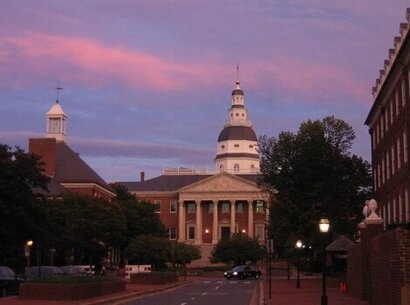
The bills were sponsored by Delegate Lorig Charkoudian and Senator Brian Feldman and the new legislation will require the state to specifically provide energy-efficient upgrades for the hundreds of thousands of low-income residents, where an unfairly large share of the energy-cost burden falls.
Beginning in 2008, the EmPOWER Maryland programme required investments in efficiency upgrades for businesses and homes across Maryland, but the programme benefits of lower energy costs and improved safety have predominately applied to upper- and middle-class residents. The policy failed to provide adequate funding for Maryland’s Department of Housing and Community Development (DHCD), which manages the energy efficiency programmes for low-income residents.
HB 108 and SB 524 will require the state to provide funding to achieve 1 percent annual energy savings for low-income households by 2026. This funding will lower energy bills for 32,000 low-income households each year and lower energy bills for all 450,000 low-income Marylanders– in 13 years. At the current funding rate, it would take 130 years to reach all these households.
Nationally, low-income households spend 8 cents of every dollar on energy costs. But in Maryland, low-income households spend 13 cents of every dollar – and in some cases, it can be as high as 42 cents.
“This desperately needed legislation will ensure that the Marylanders who live in the most dangerous conditions and pay the highest percentage of their income on energy bills, will no longer be left behind” said Deron Lovaas, Senior Policy Advisor for NRDC (Natural Resources Defense Council). “This first in the nation legislation will ensure that everyone has access to the many benefits of energy efficiency, lowering energy bills for the most vulnerable while creating safer homes.”
Raymond Nevo, State & Equity Policy Manager at the National Housing Trust, added that most [people] see affordable housing as just four walls and a roof, but it is so much more and that the legislation gives those most in need a chance to live in their homes with dignity.
For additional information:
Natural Resources Defense Council (NRDC)

